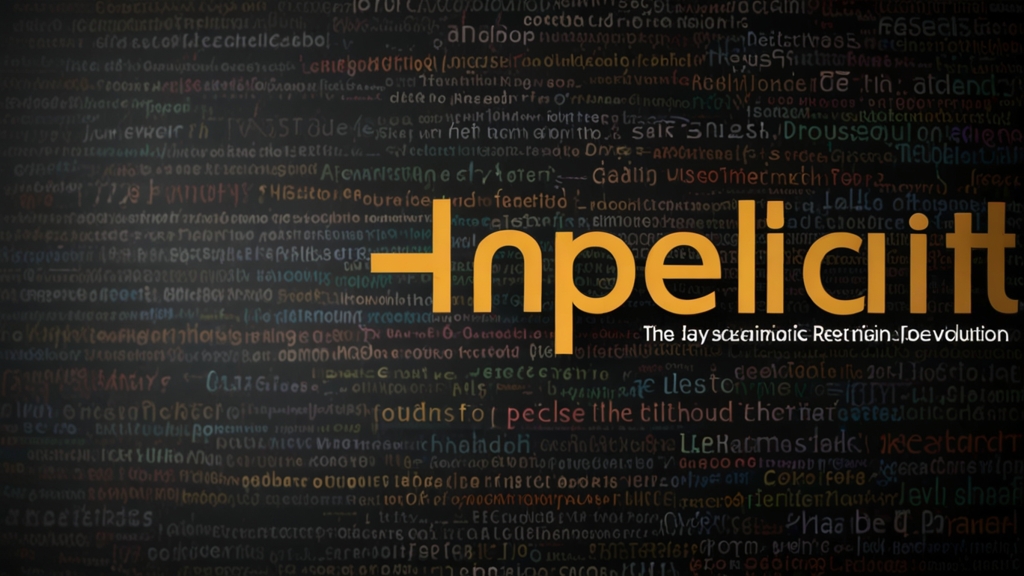Can We Trust Prophets? The Controversies Surrounding Their Words
Throughout history, prophets have held a significant position in numerous cultures and religious traditions. From ancient oracles to modern-day spiritual leaders, these individuals claim to have the ability to foresee the future or deliver divinely inspired messages. However, the trustworthiness of prophets and their prophecies remains a deeply contested issue.
The Historical Role of Prophets
Prophets have historically been seen as intermediaries between the divine and the human world. In many religious texts, they are depicted as chosen individuals who communicate God's will to the people. For example, in the Bible, figures like Moses, Isaiah, and Jeremiah are considered prophets who conveyed messages from God to guide and warn the Israelites.
"When a prophet speaks in the name of the Lord, if the word does not come to pass or come true, that is a word that the Lord has not spoken; the prophet has spoken it presumptuously. You need not be afraid of him." - Deuteronomy 18:22
This biblical verse suggests a clear criterion for distinguishing true prophets from false ones: the fulfillment of their prophecies. However, the interpretation and application of this standard have been subjects of intense debate.
Modern-Day Prophets and Skepticism
In contemporary times, numerous individuals claim prophetic abilities, often gaining considerable followings. These modern prophets are found in various religious movements, including Christianity, Islam, and New Age spirituality. Despite their popularity, the legitimacy of their proclamations is frequently questioned.
Critics argue that many modern prophets exploit the faith and vulnerability of their followers for personal gain. They point to cases where prophecies have failed to materialize, leading to disillusionment and financial loss among believers. Skeptics also highlight the use of vague or ambiguous language in prophecies, which allows for multiple interpretations and diminishes accountability.
The Psychological Perspective
From a psychological standpoint, the phenomenon of prophecy can be examined through the lens of cognitive biases and social dynamics. Confirmation bias, for example, leads individuals to remember the fulfilled prophecies and disregard those that failed. This selective memory reinforces belief in the prophet's accuracy.
"We have a natural tendency to look for patterns and to assign meaning to random events. In the context of prophecy, this can lead us to see fulfillment where none exists." - Michael Shermer, The Believing Brain
Furthermore, the charisma and persuasive communication skills of prophets can significantly enhance their credibility. Followers may experience a sense of community and identity, bolstering their willingness to accept prophetic declarations.
Case Studies: Prophecies Under Scrutiny
Numerous case studies illustrate the controversies surrounding modern prophets. One notable example is the prediction of the end of the world by Harold Camping, a Christian radio broadcaster. Camping predicted that the Rapture would occur on May 21, 2011. When the event did not happen, his followers faced profound disappointment and financial hardship.
Another example is the prophecies of Nostradamus, a 16th-century French seer. Despite the widespread belief in his prophetic abilities, critics argue that his quatrains are so cryptic that they can be interpreted in multiple ways, making it impossible to verify their accuracy conclusively.
The Balance of Faith and Skepticism
The trustworthiness of prophets and their prophecies ultimately hinges on a delicate balance between faith and skepticism. It is essential for individuals to critically evaluate prophetic claims while acknowledging the profound impact that belief in prophecy can have on personal and communal levels.
For believers, prophecies can offer hope, guidance, and a sense of divine connection. However, it is crucial to remain vigilant against potential exploitation and to consider the broader implications of unfulfilled or harmful predictions. By fostering a discerning and informed approach, individuals can navigate the complex landscape of prophetic claims with greater wisdom and insight.
"Trust, but verify." - Ronald Reagan








